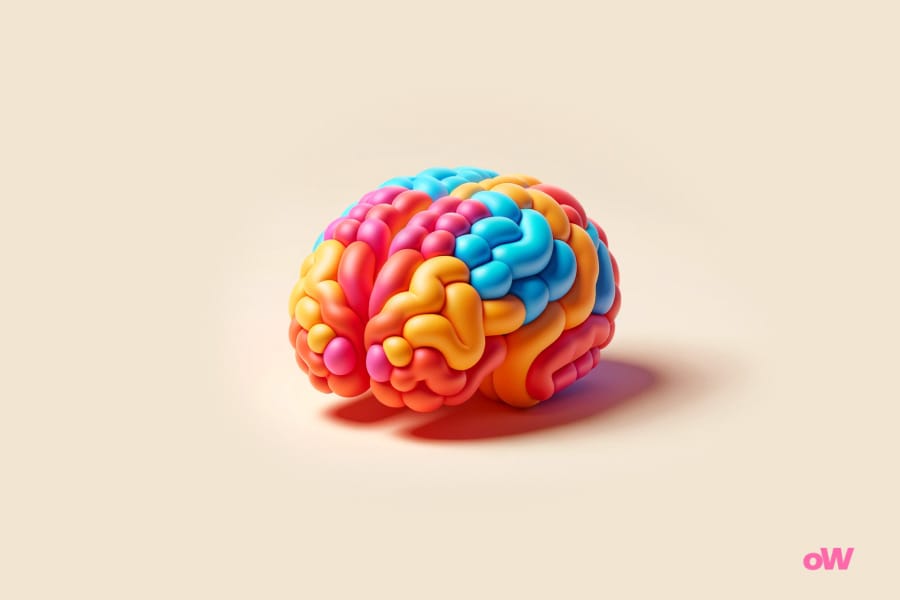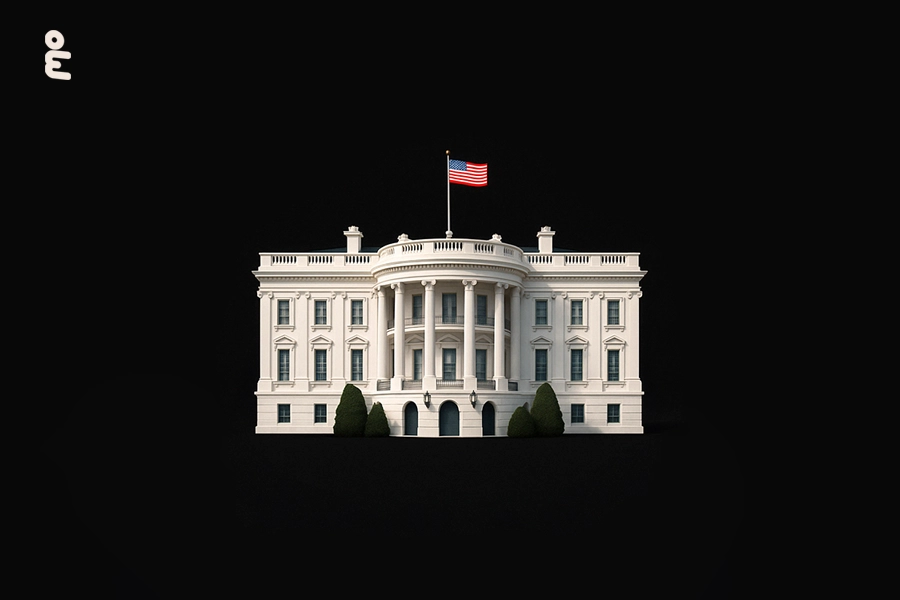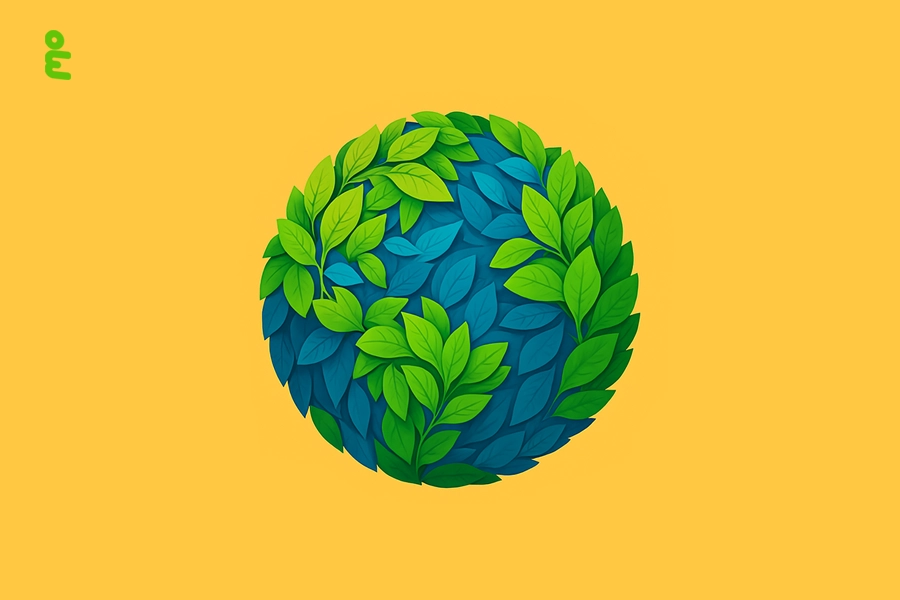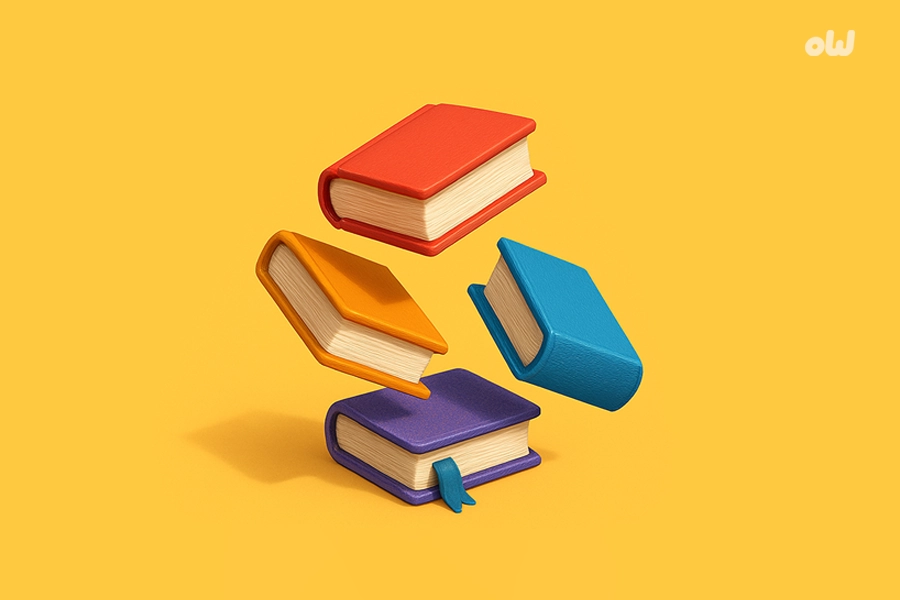Quiz: What School Subject Are You?

Remember that strange feeling when the bell rang for your favorite class, and you literally flew to the classroom? And then there was math, and time seemed to stop, turning the lesson into eternity. These childhood preferences aren’t just whims or coincidences. They’re the key to understanding who you really are. Our quiz “What School Subject Are You?” will help decode this personality cipher, transforming nostalgic memories of school hallways into practical self-knowledge.
Academic Subjects and Our Personality: The Hidden Connection
When Howard Gardner introduced the theory of multiple intelligences to the world in 1983, he shattered the age-old illusion that there’s only one way to be smart. It turned out our brain isn’t a monolithic structure, but rather an orchestra where each instrument plays its own part. And school subjects? They’re like conductors, awakening different symphonies within us.
Neurobiologists discovered something amazing: when we engage with our favorite subject, the same pleasure centers activate in our brain as when eating chocolate or falling in love. Dopamine pathways literally sing with joy. But why does mathematics trigger this effect in some people, while literature does it for others?
It’s all about cognitive preferences – the unique ways our brain prefers to process information. Imagine your consciousness as a kitchen. Some have perfectly organized spice racks (hello, math lovers), while others have creative chaos with scattered recipes for exotic dishes (literature folks, this one’s for you).
Research shows: children who gravitated toward certain subjects in school choose careers in adulthood that require similar cognitive skills. This isn’t coincidence – it’s personality architecture embedded at the neural level.
What Will This Quiz Tell You About Yourself?
This quiz isn’t just a five-minute distraction. It’s a psychological tool based on projective diagnostic principles. By answering questions about preferences, problem-solving, and interaction with the world, you activate the same thinking patterns that determined your love for school subjects.
The quiz algorithm analyzes four key parameters:
- Information processing style (sequential vs. holistic)
- Preferred task types (concrete vs. abstract)
- Communication style (verbal vs. visual)
- Motivational triggers (logic vs. emotions)
But the most interesting part is the practical application of results. Understanding your “subject type” helps you:
- Choose optimal learning strategies
- Find the most suitable career paths
- Build effective communication with different types of people
- Develop weak areas through strong ones
It’s like getting an instruction manual for yourself – only instead of boring technical terms, it’s filled with metaphors from school life.
School Subjects in the Mirror of Personality: Possible Results
Each school subject isn’t just a set of knowledge, but an entire universe with its own logic, aesthetics, and way of understanding the world. The quiz identifies four main archetypes, each reflecting a unique way of interacting with reality. Let’s look into this mirror and see what facets of personality each subject reflects.
Mathematics: Architects of Logic
If the quiz identified you as “mathematics,” congratulations – you carry the rare gift of seeing hidden patterns in the universe. Your brain works like a quantum computer, lightning-fast calculating probabilities and building logical chains.
The mathematical personality type is characterized by:
- Systematic thinking – you see the forest for the trees and understand how parts create the whole
- Intellectual honesty – for you, 2+2 is always 4, no “maybe’s”
- Elegant solutions – why go around when you can go straight through?
In real life, “mathematicians” don’t just become scientists and programmers. Among them are architects (geometry of space), musicians (mathematics of sound), even high-cuisine chefs (precision of proportions). Mark Zuckerberg used mathematical thinking to build social graphs when creating Facebook.
Literature: Weavers of Meaning
The “literary” type consists of ocean-people, in whose depths thousands of stories are hidden. Your consciousness works like an infinite library, where every emotion has its name, and every experience has its narrative.
Distinctive features:
- Empathetic immersion – you don’t read stories, you live them
- Linguistic sensitivity – words for you are like paints for an artist
- Contextual thinking – meaning is everything, and you know it
“Literature types” find themselves in journalism, psychology, marketing, diplomacy. Oprah Winfrey built a media empire on the ability to tell stories. Yuval Noah Harari turned human history into a captivating novel.
Natural Sciences: Explorers of Reality
If you’re a “natural scientist,” the discoverer’s code is written in your DNA. You’re one of those who dismantled clocks as a child to understand why they tick, and bombarded parents with questions about why the sky is blue.
Your superpowers:
- Experimental thinking – a hypothesis without testing is just hot air to you
- Predator-like observation – you notice details invisible to others
- Cause-and-effect radar – you see connections where others see chaos
“Natural scientists” revolutionize medicine, create new materials, predict climate changes. Elon Musk, with his obsession with physics and engineering, is a classic representative of this type.
Art: Creators of Realities
The “artistic” type consists of portal-people between worlds. You see colors that don’t exist in the spectrum, hear music in the sound of rain, find beauty in rust and decay.
Your arsenal:
- Synesthetic perception – all senses work in unison
- Transformational thinking – the ordinary becomes magical
- Aesthetic intuition – you know what’s beautiful without knowing why
“Artists” create not only paintings and sculptures. They design user interfaces, direct advertisements, engage in landscape design. Steve Jobs transformed technology into art precisely thanks to artistic thinking.
Interdisciplinarity: When Different Subjects Combine in You
But what if the quiz showed mixed results? Congratulations – you represent a new evolutionary branch of humanity. In an era when Leonardo da Vinci would be considered just a diligent student, interdisciplinarity becomes not a luxury, but a necessity.
The modern world demands hybrid specialists:
- Bioinformaticians combine biology and programming
- Neuromarketers mix psychology and business
- Tech artists create art using algorithms
- Science communicators translate formulas into human language
Interdisciplinary thinking isn’t a compromise – it’s synergy. When mathematical precision meets literary imagination, breakthrough ideas are born. When the scientific method is applied to art, new forms of creativity emerge.
Conclusion
So what school subject are you? Strict mathematics, deep literature, inquisitive science, or free art? Or maybe you’re an entire class schedule? In any case, remember: this quiz isn’t a verdict, but a map. A map of your amazing, unique consciousness. Use it wisely, and let every day of your life be your favorite lesson.
Questions Overview
- Calculate the possible combinations for the lock
- Imagine the story behind who owned it
- Test different methods to open it without damaging it
- Research when this type of box was commonly used
- Interactive puzzles and brain teasers
- Original manuscripts and author's personal items
- Hands-on experiments and demonstrations
- Reconstructed ancient civilizations
- Finding logical inconsistencies in the plot
- The dialogue and character development
- Whether the forensic methods shown are accurate
- If the time period details are authentic
- Multiple monitors with data visualizations
- Floor-to-ceiling bookshelves and a cozy reading nook
- A personal laboratory with microscopes and equipment
- Maps, artifacts, and timeline charts
- A fascinating pattern you noticed in everyday life
- A thought-provoking book or film
- A recent scientific breakthrough
- How current events mirror past situations
- Create a fair point system to evaluate each side
- Help them express their feelings through writing
- Gather evidence and test their claims objectively
- Look at similar conflicts and how they were resolved
- Optimizing the route and budget calculations
- Visiting locations from famous novels
- Exploring unique ecosystems and geological formations
- Walking through ancient ruins and battlefields
- Instantly calculating probabilities of any outcome
- Understanding any language ever written or spoken
- Seeing molecular structures with the naked eye
- Witnessing any moment from the past
- Symmetrical arrangements and precise measurements
- Grouping items by emotional significance or stories
- Categorizing by function and material properties
- Arranging chronologically or by era
- The hidden mathematics in nature and architecture
- The lives and creative processes of artists
- Cutting-edge research and future technologies
- Archaeological discoveries and lost civilizations
- Teaching practical problem-solving through games
- Encouraging creative expression in all subjects
- More hands-on experiments and field research
- Using immersive experiences to understand past eras
- Diagrams, charts, and structured lists
- Stream-of-consciousness writing with metaphors
- Sketches of processes and cause-effect relationships
- Timelines and connecting events with arrows
- A complex problem suddenly clicks into place
- You find the perfect words to express a feeling
- Your hypothesis is proven correct through testing
- You discover how past events shaped the present
- Strategic resource management and calculations
- Storytelling and character role-playing
- Building and evolving systems
- Recreating historical scenarios and decisions
- Create a weighted pros and cons analysis
- Write about your feelings to gain clarity
- Test small versions before committing fully
- Study how similar decisions played out before






